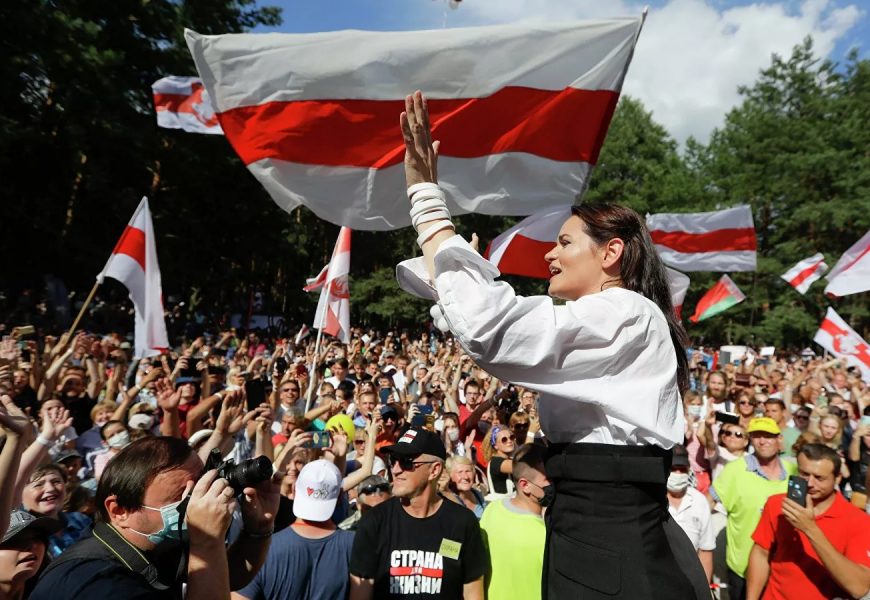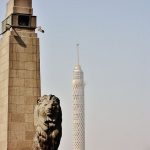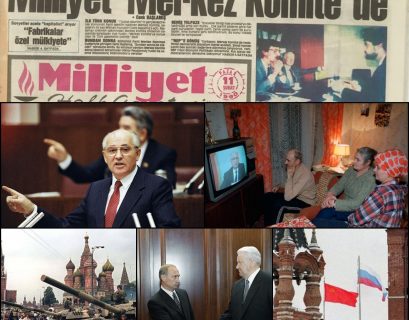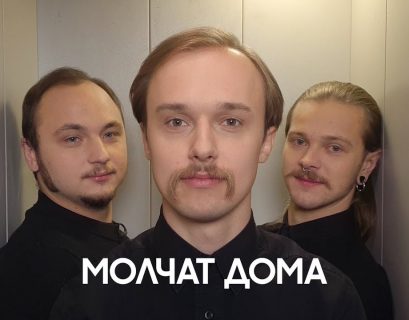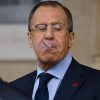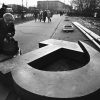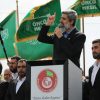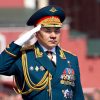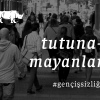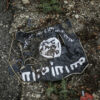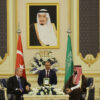At the heart of the Eastern Europe, Belarus is witnessing the biggest political movement in its history. The opposition has participated to the presidential elections with a well-prepared campaign on Sunday, August 9. But the controversial vote counting procedure got a great reaction by opposition in the country. Svetlana Tihanovskaya, the most powerful candidate against Alexander Lukashenko who has been in power since 1994, fled to Lithuania after a debated statement. Thousands of demonstrators gathered in Minsk in large protests against the president and faced with the violent response of security service.
Specialists comment on Belarus case for Gergedan.
Tarik Cyril Amar
Koç University History Professor
The core of the current violent crisis in Belarus is that large numbers of citizens plausibly suspect the government under president Alexander Lukashenko of massively falsifying the results of the presidential election of 9 August: the results as presented by the authorities are not credible, and many citizens are protesting against them.
These protests have been essentially non-violent, at least until now; the response of the regime, however, has been extremely aggressive, deploying police and special forces who heavily abuse protestors and other citizens. At the same time, mass arrests are taking place and there are credible reports of severe and widespread abuse of detainees as well. The purpose of this brutal response, which has been condemned by the UN High Commissioner for Human Rights, Michelle Bachelet, is unclear, but we can suspect that it is meant to frighten the protestors and those sympathizing with them into submission, especially as some coverage by Belarusian official media seems designed to inspire fear.
Svetlana Tikhanovskaia, during the elections the symbolically most important opposition candidate, has left Belarus and initially called on Belarusians not to engage in public protests. Several days later, she changed her position, calling for peaceful protests, a vote recount, and an end to the government’s violence. Given that her family is still in Belarus – and her husband in prison – many observers believe that her departure and subsequent, first statement were extorted and did not reflect her genuine position.
At any rate, for the time being, the regime has succeeded in physically removing her. But is has failed to achieve its real aims: despite her de facto exile, the protests have not died down but grown bigger and she has not been silenced. So, at this point, there is a stalemate between the regime and the protesters. This could change very quickly, but it would be rash to predict how this conflict will end. There are, however, a few observations that we can make even at this stage:
First, the former status quo of Belarus’ domestic politics has been destroyed already and is unlikely to return, whoever wins the current contest. Alexander Lukashenko’s long authoritarian rule may end or it may continue, but if it continues, it will be different: with more direct and widespread oppression from the government and a much less acquiescent, more mobilized, and last but not least, embittered population, especially – but by no means only – among the young.
Second, Belarus’s international position will also not remain the same: if the protesters prevail, the country is likely to slightly tilt West, even while – and this is an important difference – it is not likely to radically reorient itself, as happened in Ukraine during the 2013/14 crisis: Belarus has no comparable prospect of a special agreement with the European Union for one thing. It also has no nationalist movement that could be compared to the Ukrainian case. Finally, an attempt at a full turn to the West in the Ukrainian manner would obviously risk massive Russian intervention.
If the regime prevails, it is bound to become even more dependent on Russia than it used to be. Recently, the relationship between Belarus and the West, in particular the EU, had been improving, allowing Lukashenko, to some extent, to “play both sides” between the West and Russia. Yet his regime’s survival now would be tainted by such a high and obvious degree of oppression that the West would have no choice but to distance itself from him. Moreover, clearly surprised by the tenacity of the protestors, Lukashenko has now publicly asked for Russia’s support. If his rule survives this crisis, his dependence on Russia will grow again.
Third, while further escalations cannot be excluded, a “Ukrainian scenario” is unlikely, for several reasons: As long as Western powers (the EU and its members and the USA) stay calm – and do not try to exert ostentatious influence or intervene – Russia has little to gain from taking violent action. At the same time, notwithstanding Lukashenko’s plea for help, Russia has no interest in Lukashenko personally: he has been a difficult partner and could be replaced, as long as Moscow’s main interests are preserved, that is, for Belarus, no principal geopolitical reorientation toward the West (as happened in Ukraine) and continued inclusion in a de facto sphere of Russian influence; and, at home in Russia, no spreading of “imitation” protests, especially since the Russian Far East has recently seen an unrelated, local but, for the government, irritating mobilization.
Finally, what has happened in Ukraine is now part of Western as well as Russian experience, and while both sides are as unlikely as ever to publicly admit their mistakes there, both, hopefully, know that the crude confrontation course taken in Ukraine has been costly and, in many ways, disappointing for everyone involved. In an ideal world, the West and Russia could even cooperate to end this crisis in a constructive manner, for instance by forcing Lukashenko to accept a fair and transparent vote recount, and its outcome. But such cooperation would require an improbable degree of flexibility on both sides. Still, the sobering lessons of Ukraine may help Belarus – if both the West and Russia understand them and, at least, exert restraint.
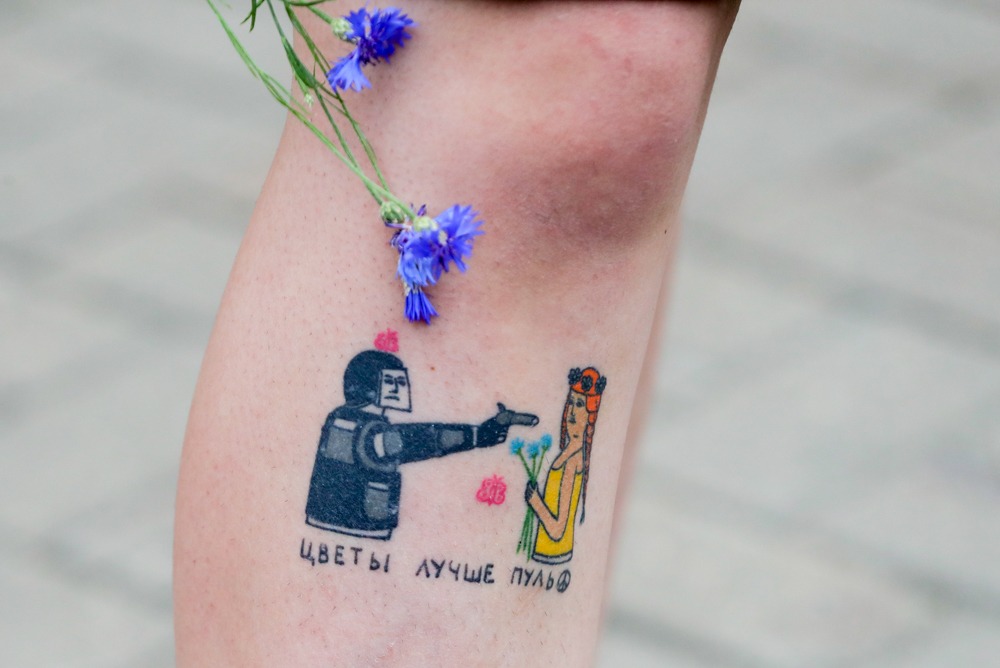
Cenk Başlamış
Journalist
According to Vladimir Lenin, the conditions for revolution start to develop when “the bottoms don’t want and the tops cannot live in the old way”.
Although it would be hard to argue that Belarus is currently on the verge of a “revolution”, the country obviously experiences a counter-revolution.
The then called “White Russia” which was one of the most inward-oriented countries among the 15 republics that constituted Soviet Union, kept this tradition of withdrawal even after the dissolution of Soviet Union in 1991. Again, unlike many post Soviet republics Belarus did not suffer much harm under ongoing economic and social turmoils such as the earthquake and it followed its own unique path.
It won’t be a mistake to attribute the survival of Belarus –a challenging period during which even its mega neighbor Russia was about to dissolve to Alexander Lukashenko who took office in 1994. Lukashenko had the nickname of “father” since he maintained the pro-social state perspective of the Soviets.
However, Lukeshenko did not prioritize democratic values and kept the opposition under pressure in order to secure his office such as Putin did from 2000 onwards.
This pressure, increasing economic problems (allegedly a quarter of the country’s population is unemployed) along with the indifference of the government during the initial period of pandemic were the final straw.
Before the presidential elections in 9 August, the candidates of opposition who could compete against Lukashenko were not nominated and went through official investigation which frustrated the ones who don’t want to live in the old way. The desire for change was so strong that a person who is unheard of (Svetlana Tikhanouskaya) is immediately embraced as the “leader”.
When the election results were announced another condition for revolution is realized. The ones who don’t want to live in the old way hit the streets, claiming that the election was rigged.
Opposition’s statement of having the actual electoral victory is still a questionable claim. It is true that there were problems concerning the fairness of the election, but whether they were big enough to annihilate Lukashenko’s victory in elections, not sure.
According to the official declaration, Lukashenko has been elected as president for the 6th time by taking 80% of the votes. Here, the percentage of 80 is not a coincidence. It is on average the percentage of the votes got by Lukashenko in previous elections. So, it is actually a confrontation. It is a message to the opposition saying “Whatever you did to undermine my power was useless. I did not lose any of it.”
After all, the violence of police forces against the protesters and thousands of arrests have their roots in this fear of losing one’s powerful image. The use of force against opposition was so disproportionate that Kommersant Journal headlined “Under these circumstances, there is no chance left for protesters”.
Despite the fact that it is hard to foresee the ways in which social processes will evolve and protests are still going on, the revolution –for now- seems to hit the walls of a counter revolution. Especially when we take into account that Tikhanouskaya was forced to flee the country and the opposition is left without a leader…
But after the election, the same Tikhanouskaya has delivered a speech which should take its rightful part in the history of Belarus: “Our people have woken up. They have overcome their fears. For this sole reason, I believe we won. We got over with our fears, our apathy, our indifference…”
Even if he rubs his hands with glee, 9 August was a “Pirus Victory” for Lukashenko. He won but he received a huge blow. He tasted the beginning of the end and he is as yet unaware of.
Last words: It is not a secret that US and UN are as cunning as a fox. But stamping every oppositional unrest at post-Soviet republics as “made in West” is a huge disrespect -first and foremost- to the people who fight for more freedom and democracy.
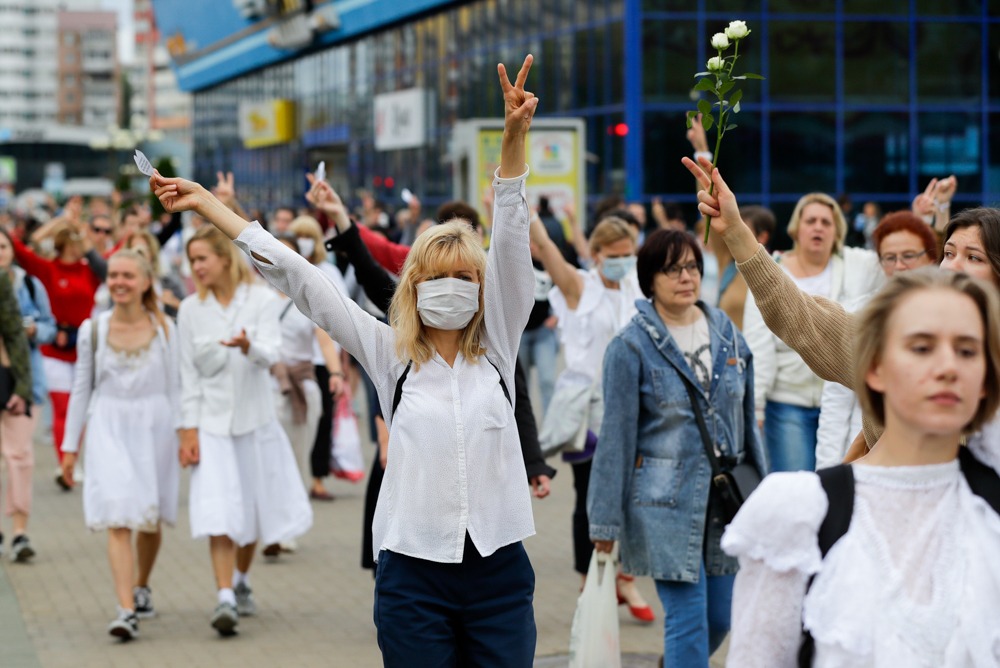
Hakan Güneş
İstanbul University Assistant Professor
Reactions to the incarceration of many presidential hopefuls and the oppression of opposition candidates in the days leading up to the presidential election in Belarus, turned into demonstrations with the announcement of the election results. Demonstrations against Lukashenko, which saw unprecedented levels of participation, took on new form after two days with Svetlana Tihanovska, the most substantial opposition candidate, fleeing to Lithuania and the consecutive announcement of her withdrawal from candidacy. A large portion of the public continue their demonstrations in the capital city of Minsk, in other big cities and even in small towns. Unions, artists and professional associations appear to be joining the protests one by one. In these past few days, Lukashenko’s attitude has mildened and it’s apparent that he won’t intervene with the demonstrations as long as they remain peaceful.
The debate on this Eastern European country that’s relatively obscure to Turkey and to the world appears to have just begun: What do President Lukashenko, who has ruled the country for 26 years and the candidates who oppose him represent? Do the West and Russia have a role in this process? Were the events similar to the bloody, second Orange “Revolution” in Ukraine? Are the people of Belarus being controlled by “foreign powers”? Let’s examine.
Lukashenko and his Social State!
Contrary to some articles, Belarus is neither a socialist economy nor a people’s republic. Oligarchs, private education, capital, markets, in sum, capitalism exist there as well. Alexander Buzgalin, a Russian critical Marxist, calls this Paternalistic Capitalism. On the other hand, Belarus is country that boasts the lowest numbers of unemployment and income inequality in the former territory of the USSR and that’s kept the Soviet production infrastructure mostly in place, making it a country that’s able to provide for itself not only in terms of agriculture, but industry and even information communication technology. Seen this way, Lukashenko represents the most statist administration in the former Soviet Union. Likewise, Belarus also differs from its counterparts in terms of corruption and bribery. This can be heard not only from Lukashenko supporters but a number of CEOs doing business in the region.
However, Lukashenko, along with Kerimov, is also the leader that’s come the closest to be designated a dictator in the region after Türkmenbaşy. He’s condoned neither liberals nor communists; the politicization of the public and the freedom of the press have been increasingly restricted in the last 26 years.
Lukashenko wants more support than that which he’s been able to secure with his social policy and statism, while a portion of the population wants a change. Another important Russian Marxist critical scholar, Boris Kagarlitsky contends that this change is a direct result of the social change that’s emerged due to the relative prosperity Lukashenko was able to provide. It’s apparent that the public is critical of Lukashenko’s repressive methods and not his social policy.
The Opposition Bloc!
We can analyze the recent figures that have emerged and what they represent by examining the Anti-Lukashenko bloc. The most significant face of the opposition is Svetlana Tihanovskaya, who decided to join the race after the arrest of her husband, the initial candidate. With her stand two more women, making for headlines like “Three Women Join Powers Against Lukashenko”: Veronika Tsepkalo and Mariya Kolesnikova.
Svetlana Tihanovskaya and her husband Sergei Tihanov can be summarized as typical neo-liberal, West-leaning figures that are friends of the oligarchs who are resentful of the regime. For Veronika Tsepkalo, a lot can be said but it’s hard to call her “West-leaning”, as her husband Valery Tsepkalo, who left the country after receiving threats following his intent on candidacy, is now “in hiding” in Moscow. Maria Kolesnikova is one of the members of the campaign team of Viktor Babariko, the former director of BelarusGazprombank, who was incarcerated after joining the presidential race. To summarize again, Babariko is also a man of the establishment, representing close ties with Russia.
Russia’s extraordinary position!
Now let’s add the capture in Minsk of 33 mercenaries from Wagner, Russia’s private security company, by Lukashenko, 10 days prior to the election to this picture. These mercenaries were released recently. However, the Russia-Belarus relationship as well as the Lukashenko-Putin relationship displays an unprecedented type of tension.
We’re faced with the first example of an opposition bloc in which one of the candidates leans closer to the West while the other two are closer to Russia. In this respect, it can be argued that Russia is pursuing a controlled equilibrium policy. Russia’s inclination towards the replacement of Lukashenko by a candidate that’s more market-friendly, that’s pro-privatization; as well as the wish of the Russian oligarchs to essentially sack Belarus are among the important allegations that need to be addressed.
The public and the opposition leaders are different!
As we’ve seen, the streets don’t represent an organized whole but a sentiment, “enough.” The spirit of the demonstrations of these last few days can be summed up as the expectation of a change that’s wider and more moderate than what the three opposition candidates represent.
To end with the average of the opposition and the government: it can be said that while the anti-Lukashenko bloc predominantly promises improved freedoms, it also represents increased marketization.
The approach and the public and the language of the movement demonstrate that it’s possible to gain freedoms without compromising social rights. Of course, this is no easy feat. Foreign interference as well as a disorganized public make the situation even more arduous.
In the territory of the ex-USSR, the public has repeatedly been forced between a choice of either bread or freedom in moments of change. Bread, rose and freedom have never been alternatives together. In exchange for a social state and a relatively successful economic policy, Lukashenko expects the people of Belarus to ignore the oppressive sides of his administration that’s become individualized. The recognizable names of the opposition promise suspicious futures with their ties to the business world and foreign states (Russia and the West). What’s sure is the public’s demand for change and reform.
The demonstration becoming more peaceful in these past few days and more importantly, the government’s softened response instill hope for the gain of freedoms without the compromise of social rights. However, there’s also no doubt that a lot of powers would be willing to do anything they can to disrupt this optimism.
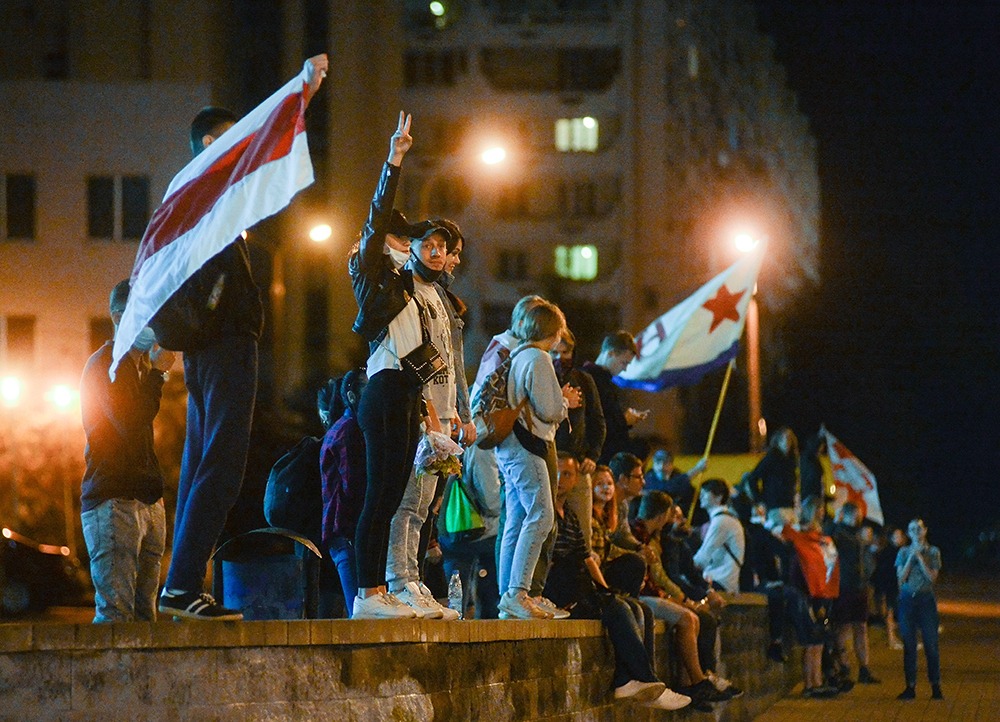
Nigel Gould-Davies
Ambassador of United Kingdom to Belarus (2007-2009)
In this past Sunday’s presidential election in Belarus, Aleksandr Lukashenko claimed 80% of the vote in what has been widely regarded as a sham election. Since then, Belarusians have taken to the streets every day across the country to protest the results, state police have used increasingly brutal countermeasures against protesters, and his opponent, Svetlana Tikhanovskaya, has fled Belarus for Lithuania. The Kennan Institute recently asked several of our experts to weigh in on this developing story and consider the following questions:
1. President Alexander Lukashenko has claimed victory once again amid a vote widely decried as manipulated and with no international observers. Protests have also followed the voting, as expected. What does this level of opposition to Lukashenko’s continued rule mean for the country? How is Lukashenko likely to respond going forward?
2. Ukraine has asked for Belarus to extradite 28 of the 33 alleged Wagner operatives recently arrested in the country. What are the implications of this situation for relations between Minsk and Moscow? What about the claimed detentions of US nationals in Belarus on August 6?
3. What should US policymakers keep an eye on in the coming weeks? How are US relations with Belarus likely to evolve?
Title of the commentary written by Prof. Tarik Cyril Amar, is adopted as the headline of the article in depth by Gergedan editors.
This article is initially published in Turkish and the interpretations of Hakan Güneş and Cenk Başlamış are respectively translated to English by Ayşen Arıkazan and Zeynep Küçük.

